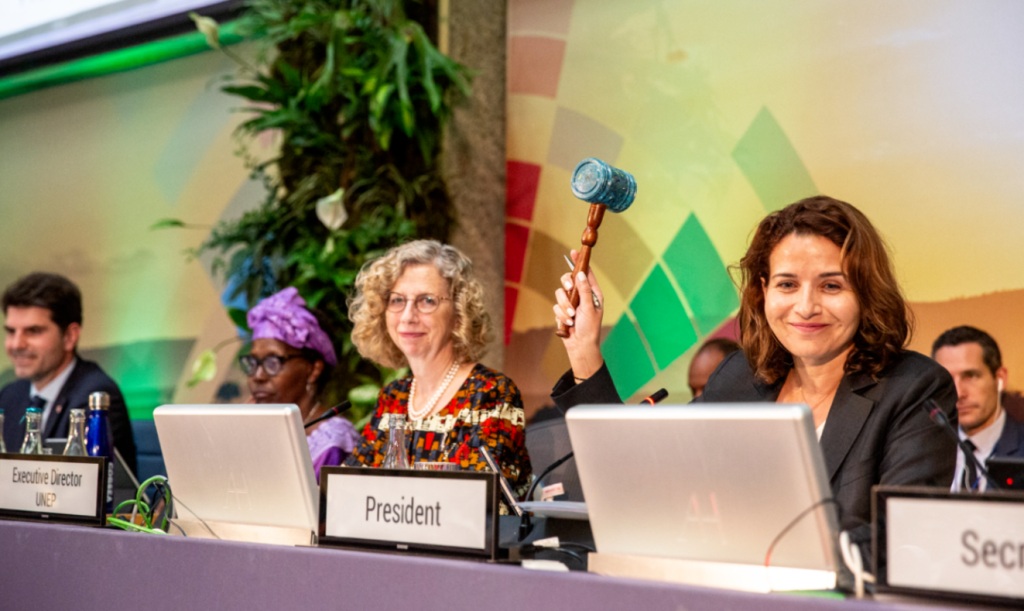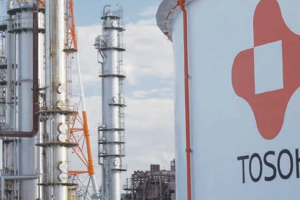November 23, 2024 – As the final negotiating session for the Global Plastics Treaty looms on Monday, November 25, in Busan, South Korea, the United States’ stance on restricting or banning certain plastics remains uncertain amidst a presidential transition, casting a shadow of doubt over the negotiations.

Typically, the US aligns with large plastic manufacturers’ preferred direction for the treaty, emphasizing circular solutions to manage plastic waste. However, in August this year, the Biden administration signaled a willingness to join calls for curtailing plastic production, only to see this position shift subtly by early November. This vacillation has widened key divides on whether to cut plastic production to combat pollution.
The fifth session of the Intergovernmental Negotiating Committee (INC-5), running until December 1 in Busan, marks a crucial juncture. The United Nations Environment Programme (UNEP) aims to forge and sign a legally binding international instrument on plastic pollution, particularly in marine environments. Busan, as South Korea’s second-largest city and the world’s fifth-busiest seaport, bears the responsibility of hosting this pivotal meeting.
Tensions between plastic-producing countries and those most affected by plastic waste have been a focal point since negotiations began in November 2022. A clear rift has emerged, with the “High Ambition Coalition” advocating for restrictions or bans on certain problematic plastics and chemicals, while major producers like China, Russia, India, and Saudi Arabia firmly oppose such measures, favoring targeted control of post-consumer plastics.
Key issues remain unresolved, including technical and financial arrangements for implementing treaty obligations and whether the final instrument should encompass various human rights perspectives. With Donald Trump’s re-election prospects brightening, the nonprofit Beyond Plastics has released a 27-point wish list for the next administration’s plastic priorities, sparking speculation that the US plastic industry could benefit from a Trump victory.
Amidst this backdrop, organizations are voicing their concerns and urging successful UN talks. The World Wildlife Fund warned in a November 18 statement that the current treaty text falls short of ending pollution but governments still have time to agree on a robust treaty by focusing on the most urgent and impactful measures.
Similarly, the Global Plastic Pollution Coalition (GPPC) has reiterated its “steadfast commitment to ensuring an effective agreement to eliminate plastic pollution by the end of INC-5.” As a multinational partnership of associations and companies that manufacture, use, and recycle plastics, GPPC is urging governments to persist and reach an ambitious, practical, and inclusive agreement to prevent plastic pollution and accelerate the circular economy of plastics.














